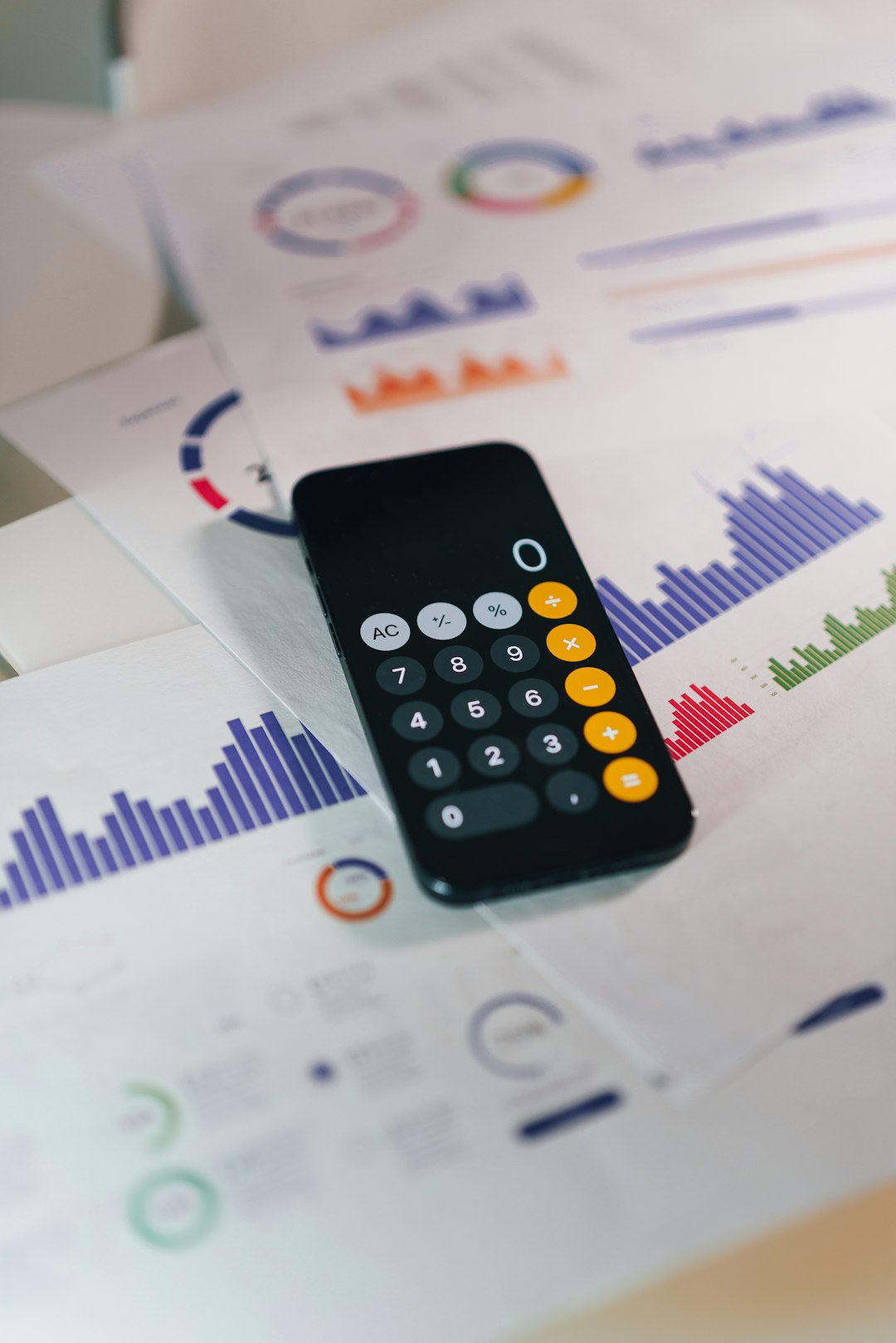Unemployment can lead to a financial crisis of unpaid bills and debts. An unsecured debt consolidation loan is a vital solution combining multiple high-interest debts into one manageable payment, simplifying repayment and reducing interest expenses. Lenders assess applicants' creditworthiness based on income, employment status, and credit history. Timely payments can significantly improve credit scores, leading to better lending opportunities for future financial stability. Understanding what an unsecured debt consolidation loan entails offers much-needed relief and a clear path forward during challenging times.
Unemployment can devastate financial stability, leaving individuals grappling with mounting bills and dwindling savings. In such challenging times, unsecured debt consolidation loans emerge as a potential lifeline. This article delves into the intricate relationship between unemployment and debt management, exploring how unsecured debt consolidation loans can simplify financial burdens. We’ll break down how these loans work, their advantages during unemployment, and provide effective strategies for managing debt and repaying loans with confidence.
- Understanding Unemployment and Its Impact on Financial Stability
- Introduction to Unsecured Debt Consolidation Loans: How They Work
- Benefits of Using Personal Loans for Debt Consolidation During Unemployment
- Strategies for Effective Debt Management and Loan Repayment
Understanding Unemployment and Its Impact on Financial Stability

Unemployment can significantly disrupt an individual’s financial stability, leading to a cascade of challenges. When a person loses their job, it often results in a sudden and sharp drop in income, making it difficult to meet basic expenses and obligations. This situation can escalate rapidly, especially if there is little to no savings or access to supportive safety nets. One of the primary consequences is the mounting of unpaid bills and debts, which further exacerbates the stress and anxiety associated with job loss.
In such times, understanding accessible financial tools becomes crucial. An unsecured debt consolidation loan offers a potential solution by providing a single, manageable payment for multiple debts. This type of loan allows individuals to combine various outstanding obligations, including credit card balances, personal loans, or even past-due bills, into one comprehensive repayment structure. By simplifying the repayment process, it can help alleviate the financial burden associated with unemployment and provide a path towards stability and recovery.
Introduction to Unsecured Debt Consolidation Loans: How They Work

Unsecured debt consolidation loans are a financial tool designed to help individuals manage multiple debts by combining them into one single loan. This approach streamlines repayment, making it easier to keep track of payments and potentially reduce overall interest expenses. Here’s how they work: when you apply for an unsecured debt consolidation loan, the lender assesses your creditworthiness based on factors like your income, employment status, and credit history. If approved, the loan proceeds are used to pay off existing debts, leaving you with a single, more manageable repayment schedule.
Unlike secured loans that require collateral, unsecured loans don’t necessitate the pledge of any assets. This makes them accessible to a broader range of borrowers, but also means higher interest rates compared to secured options. However, for those struggling with multiple high-interest debts, debt consolidation can offer relief and the chance to rebuild financial stability over time.
Benefits of Using Personal Loans for Debt Consolidation During Unemployment

During periods of unemployment, managing debt can feel overwhelming, but consolidating debts with a personal loan offers several advantages. Firstly, it simplifies repayment by combining multiple debts into one manageable payment. This is especially beneficial when dealing with various lenders and due dates, making financial life less chaotic.
Additionally, unsecured debt consolidation loans provide an opportunity to improve credit scores. Making timely payments on a consolidated loan can demonstrate responsible borrowing behavior, which positively impacts future lending decisions. This can be crucial for rebuilding financial stability after unemployment.
Strategies for Effective Debt Management and Loan Repayment

Many individuals facing unemployment turn to debt consolidation as a strategy to manage their financial burdens. This involves combining multiple loans or debts into a single, often larger loan with a lower interest rate. An unsecured debt consolidation loan is a popular option for those without collateral to offer; it allows borrowers to repay their debts over an extended period, making payments more manageable. By consolidating debts, individuals can simplify their repayment process and potentially reduce the overall cost of borrowing.
Effective debt management requires a proactive approach. Start by evaluating your financial situation honestly; calculate your income, fixed expenses, and variable spending. Prioritize high-interest debts first while making minimum payments on others to avoid penalties. Create a realistic budget, cut non-essential expenses, and consider additional income streams if possible. Regularly reviewing and adjusting your budget will help ensure you’re staying on track with repayment.
Unemployment can be a challenging period, but managing debt doesn’t have to be. By exploring options like unsecured debt consolidation loans, individuals facing financial hardships can gain control of their debts and work towards stability. These loans offer a strategic approach to debt management, allowing for consolidated payments and potential interest rate savings. With careful planning and the right loan terms, it’s possible to navigate unemployment while effectively managing debt, paving the way for a brighter financial future.
